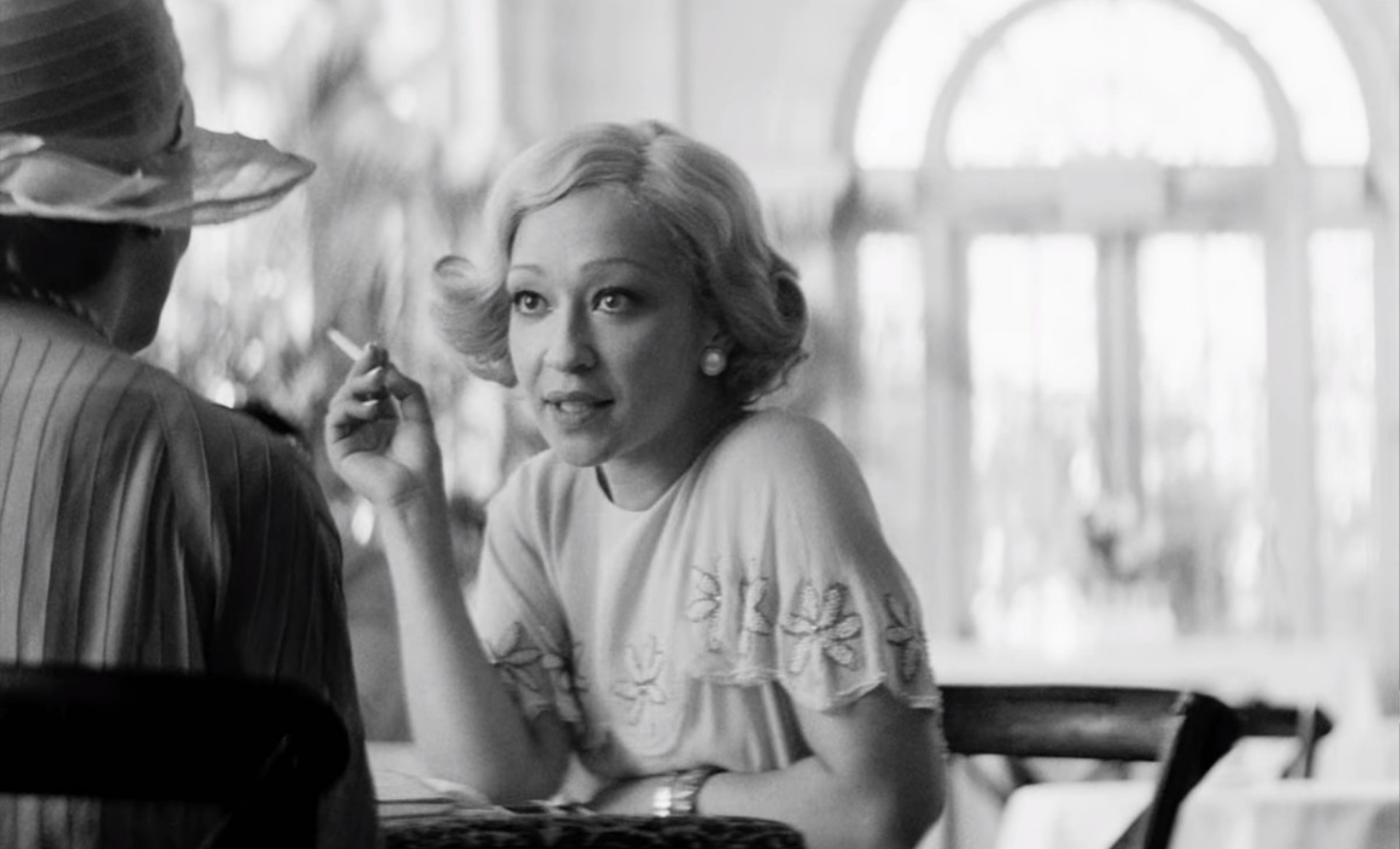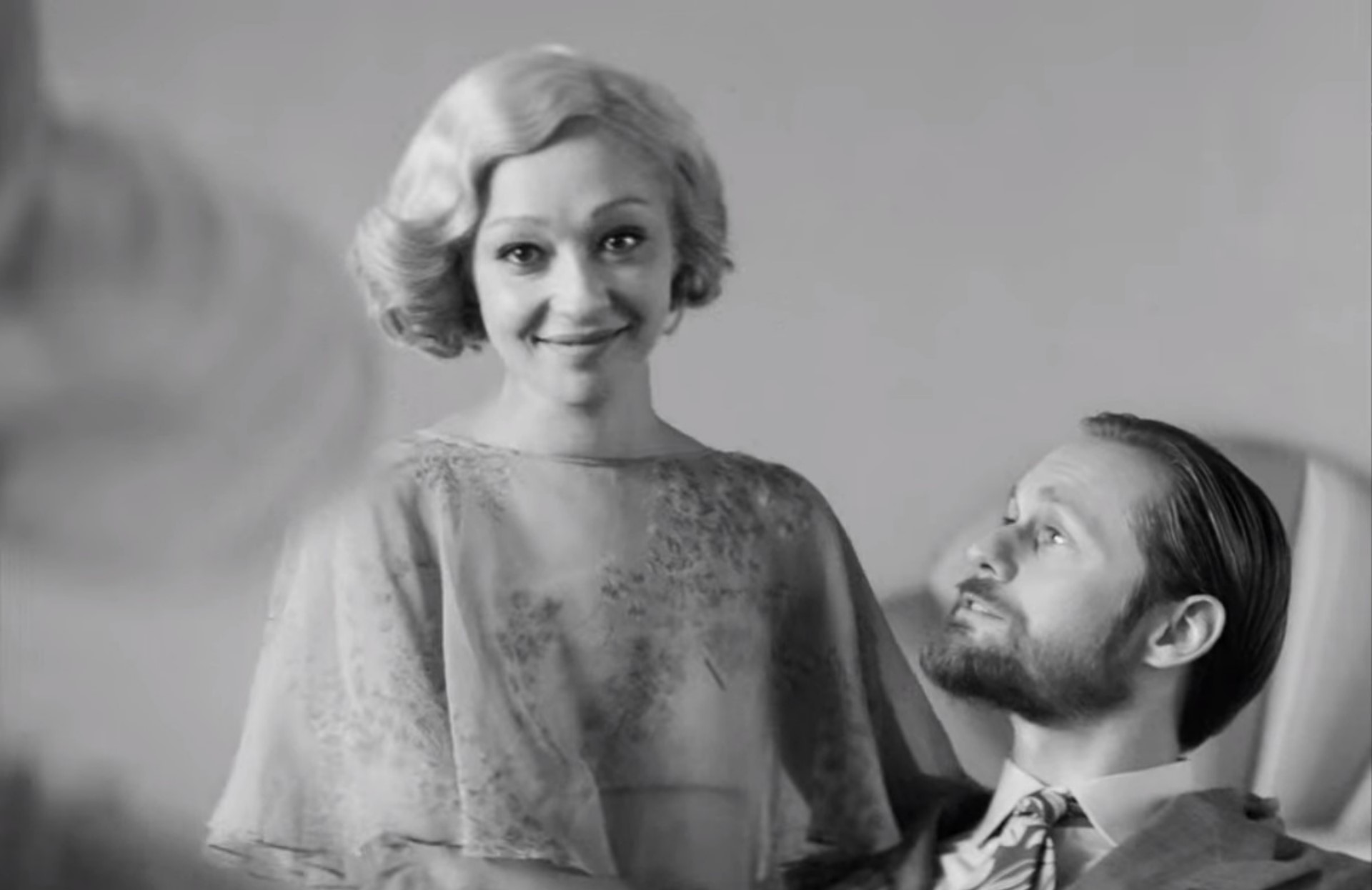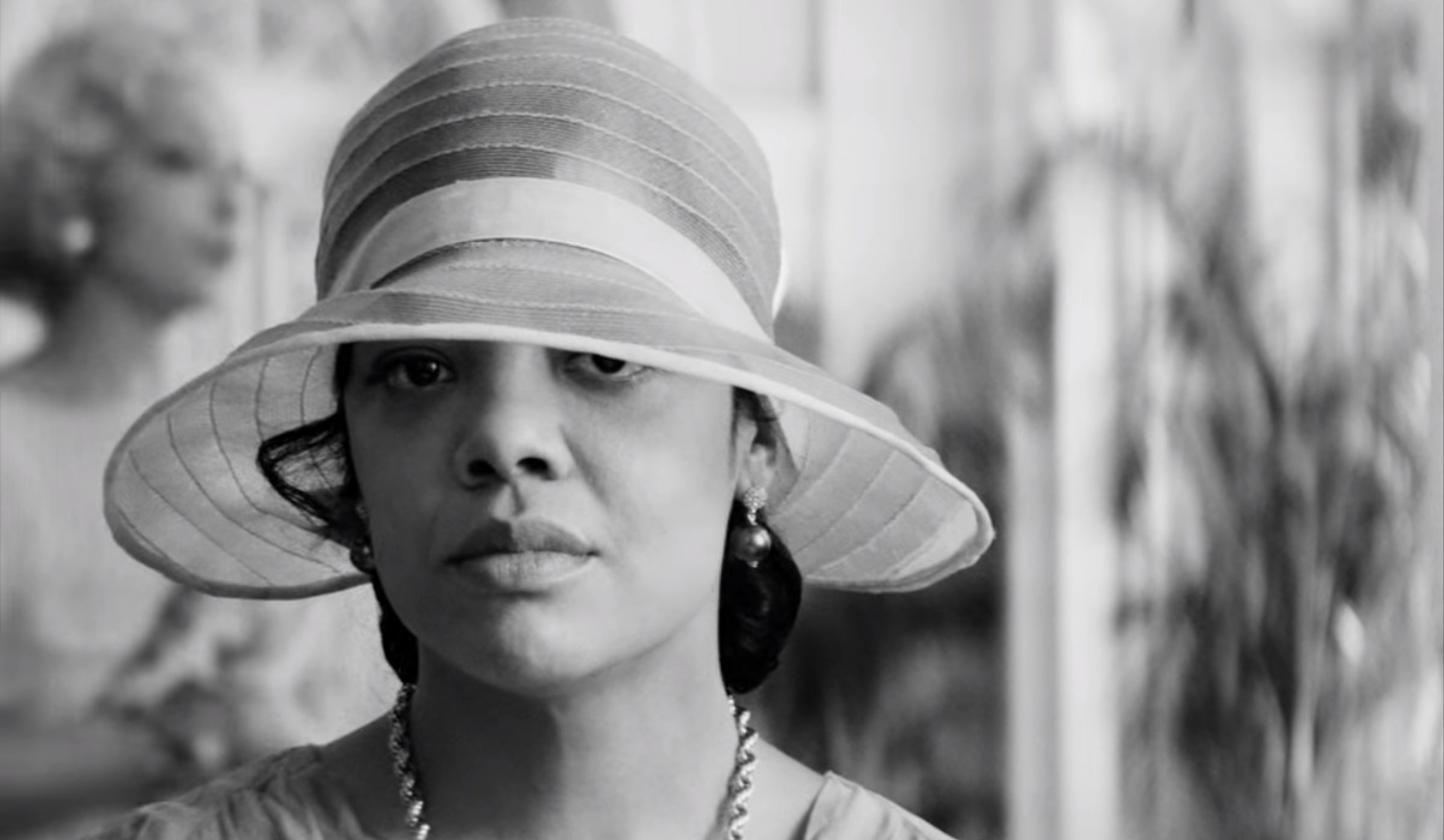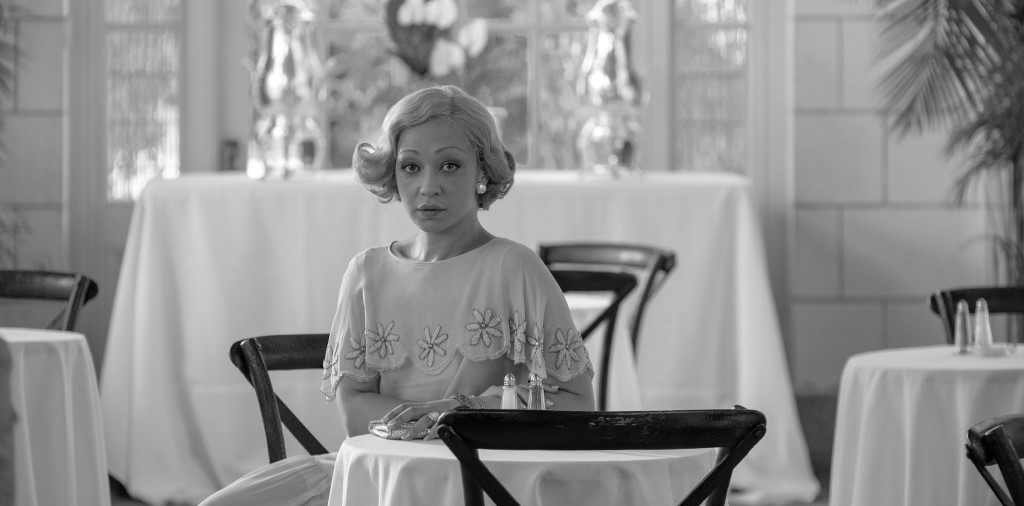Rebecca Hall’s ‘Passing’ is a period drama film that delves into the complicated and intertwined lives of two light-skinned Black women, Irene Redfield (Tessa Thompson) and Clare Bellew (Ruth Negga), in 1920s New York City. When Irene runs into Clare, a childhood friend, after many years, their reunion is dominated by their uneasy dynamic due to Clare passing as, or pretending to be, white. As the two women rekindle their friendship, troubling aspects of their lives, milieus, and identities are pushed into the limelight.
‘Passing’ has received praise for boldly exploring the dilemmas of racial dynamics and queerness. With its black-and-white format and phenomenal jazz music, the film expertly highlights the challenges faced by Black and queer individuals in the 1920s. Hall’s directorial debut skillfully maneuvers the complex ideologies, emotions, and ambiguities that mark all of its characters. The film’s authenticity has made many wonder whether it borrows from real-life personalities and events. Let’s dive right in and find out whether ‘Passing’ is based on real events.
Is Passing a True Story?
No, ‘Passing’ is not based on a true story. However, it does use fiction to depict the complex realities of 1920s America. The Rebecca Hall directorial is based on Nella Larsen’s 1929 novel of the same name and largely stays true to it as well. Larsen’s novel was inspired by her own mixed-race identity and experiences in Harlem, New York City.

The 1920s, called the Roaring Twenties, are remembered mostly for massive technological and economic advancements, the steady rise of the entertainment industry, the prohibition of alcohol, the decadent lifestyles of many in the larger cities, and the emergence of jazz. However, it is a fact that racial tensions were extremely strained during this time period. The one-drop rule insisted that any individual with even one Black ancestor must be classified as Black. It also meant that anybody that looked Black would likewise be categorized as Black.
It is this context that one must keep in mind while looking at the stories of Irene and Clare. Scholars believe innumerable Black individuals passed as white in order to acquire a better life and avoid the harrowing consequences of the Jim Crow racial segregation law. Although artistic domains allowed white and Black individuals to interact to some extent, the truth of the matter was that there was a strict division between the two races, and the white population always had the upper hand.
Talking about it in an interview, Negga stated, “These two women [Clare and Irene] are perhaps the embodiment of subjects that are still taboo today – colorism, defending one’s identity. How do we fit into a society which demands to label us?” In the film, we see that Clare is married to a white man, John Bellew (Alexander Skarsgård), who is unaware of his wife’s true race and is extremely vocal about his hatred for Blacks. Clare takes advantage of her light skin and chooses to pass as white to ensure a life of safety and freedom, one that would not be available to her as a black woman.

However, her hidden identity puts her at constant risk. This brings to mind the real-life story of Leonard “Kip” Rhinelander and Alice Jones. When Kip sued Alice for hiding her Black ancestry in 1924, their interracial marriage and subsequent separation became a highly publicized affair. The powerful Rhinelander family claimed that Alice pretended to be white in order to acquire her husband’s massive wealth. After a series of humiliating examinations to ascertain her racial identity, the jury ruled in Alice’s favor.
Interestingly, actor-director Hall’s maternal grandfather was a fair-skinned Black man who managed to pass as white. “My grandfather was African-American and he passed white for most of his life. And that is a fact that I’ve only really fully learned details of in the last year or so,” she revealed in an interview with Sky News. Reading Larsen’s novel made her understand her own complicated mixed heritage as well as the deliberately hidden history of passing.

Hall opined, “I hope, sort of in the broadest sense, the thing that people take away [from the film] is, thinking about what the legacy of a life lived in hiding is. And that doesn’t just mean racial hiding, it means all the ways in which we’re not showing up for ourselves completely. And how we can’t because of how much society imposes something — especially black women.” The film explores how Irene and Clare both envy and fear each other’s life choices while living in a racist and patriarchal society.
Further, ‘Passing’ also points out how differently Irene, Clare, and Irene’s husband, Brian (André Holland), approach the topic of race. The film also directly borrows from certain real-life personas and incidents. The character of Hugh Wentworth (Bill Camp) is reportedly based on Carl Van Vechten, a queer writer, photographer, and patron of the Harlem Renaissance. Vechten and Larsen were close friends. The film also touches upon the horrific lynching of John Carter, a Black man, that took place on May 4, 1927.
Through the lives of Irene and Clare, we get a glimpse at the traumatizing personal, political, and social histories of Black communities in early 20th century America. ‘Passing’ may be a fictional story, but it uses a very real historical context that continues to impact contemporary racial politics and identities.
Read More: Best Movies About Racism


You must be logged in to post a comment.